5 Principles On How To Build Strong Remote Teams
Team-building has traditionally taken place in the context of face-to-face interactions. However, remote teams have since thrown a spanner into the mix.
As organisations scrambled to adapt to the new norm of working from home (or "WFH"), priorities shifted towards reassessing operations, rethinking workflow, and redistributing manpower. Amidst all of that hubbub, team-building was the first thing on the "chopping block" (or the last thing on their minds).
What got sacrificed in the process was maintaining team morale in the midst of transiting to a remote working environment. Managing a team face-to-face is a formidable task on its own, but managing a remote team is a different ballgame altogether.
In a world where remote work is here to stay, managers must be prepared to change the way team-building used to be done and overcome the unique hurdles that remote teams will face along the way.
Here are the 5 principles for building strong remote teams in a post-pandemic world:
1. Build Identity
To build team dynamics, even in a remote working arrangement, organisations should start with the basic building block of building identity. For any organisation to strengthen employee engagement levels even without the advantage of face-to-face interactions, employees will need to feel a sense of belonging and togetherness, despite the distance.
A strong remote team is built on a shared identity. Building identity begins with establishing the shared values and mission of the organisation. When everyone on the team shares common values and goals, they have clarity in where they are headed and feel invested in the journey of getting there.
This is the fundamental principle of building strong remote teams as it provides an anchor for all team members, regardless of where they are working from or what they are working at.
2. Leverage Technology
Repeat this mantra: technology is your friend. Use it — along with all the digital platforms at your disposal — to create new ways of bonding with your teams and connecting with your employees.
By now, platforms like Zoom, Google Meets, and Microsoft Teams should not be foreign to you. But it's also time to incorporate other digital productivity platforms (beyond Microsoft or Google Suites) to help streamline workflow and processes. Begin with identifying and analysing your business needs and goals. Invite suggestions from your team members as well, especially if they are the ones who will be utilising the software regularly; their feedback is of paramount importance.
This can boost productivity and reduce an employee's workload when implemented effectively, lessening the strain on employees and giving them more opportunities to foster stronger connections that would lead to better teamwork.
3. Communicate Regularly
Always err on the side of over-communicating. Communication is pivotal in building trust and keeping everyone on the same page.
In a post-pandemic world where teams are constantly evolving, remote or hybrid work arrangements will be here to stay. As it stands, building trust in teams is not easy, even with everyone working together in the same space. That difficulty level escalates when you are not able to see your team members in person.
Set aside time to touch base with your team members one-on-one so that you are aware of where they are at and how they are doing. Book a slot in the team calendar for weekly team meetings where everyone gathers to touch base. Make sure that the conversations do not revolve solely around work and the post-meeting action items. Use team-building resources to engage with your team through questions so that everyone leaves understanding each other a little more.
4. Embrace Flexibility
There's a Chinese saying that goes: 规则是死的,人是活的.
Translated literally, it reads: Rules are dead, people are living.
With the ever-evolving landscape of the future of work, organisations can no longer afford to rely on the same policies that have been set in stone and that once served them so well throughout the past. Policies (or rules in this instance) are "dead"; the people are the ones who are living and breathing. Flexibility in the evaluation and implementation of policies to incorporate the intangible "people aspect" is the way to go, albeit it being messy or complicated at the beginning.
However, organisations that are the forerunners in reevaluating their people policies will stand to gain because their people will identify it as the workplace of the future. It will be the organisations that are set in their ways that suffer the most in the long run when they discover that they no longer have the same bargaining power to retain their talents as they once had.
5. Reward Spontaneously
Nothing boosts employee motivation more than a reward.
To drum up excitement and morale in a remote working environment, organisations should find ways to reward team members in small but meaningful ways. This will act as a recognition and motivation for them to continue their efforts. At the same time, it incentivizes the rest of the team members to put in the same amount of effort as well.
Whether it's sending meals to their homes, purchasing "Grab" vouchers, or offering a bonus day-off, these all go a long way in boosting morale and keeping the team engaged at work. It lets your employees know you appreciate their efforts and shows them that you care for their well-being.
Final Thoughts
Organisations that know how to build strong remote teams will give themselves a competitive edge over those that don't.
As we consider the future of work and how that will continue to morph, there is value in understanding how to do team-building differently and get team-building done right.
Settle that, and productivity and performance will be a by-product of a highly engaged team, no matter whether they are working remotely or not.
Written by Rachel Chai
Connectedness • Empathy • Strategic • Belief • Context
Rachel is a Strengths School™ Certified Strengths Trainer and the Content Lead at Strengths School™. Being deeply introspective, she believes in helping others draw connections between how their unique strengths play out in their lives.



